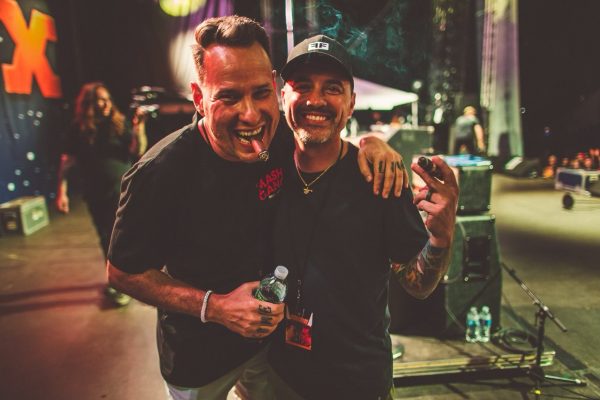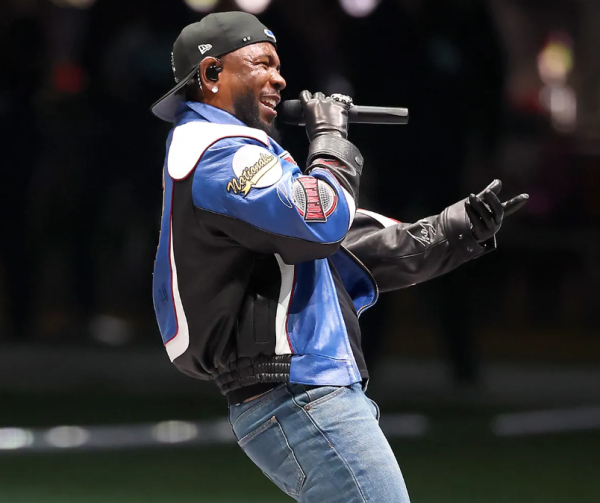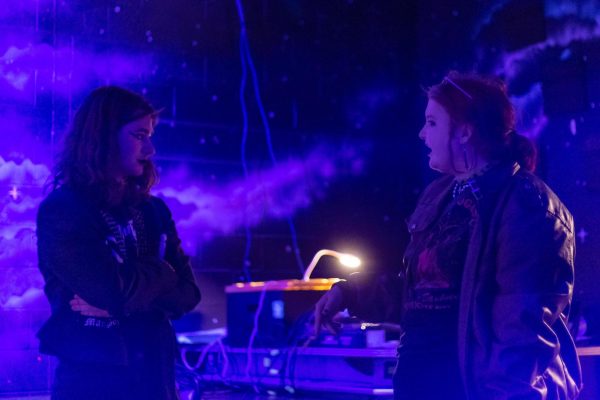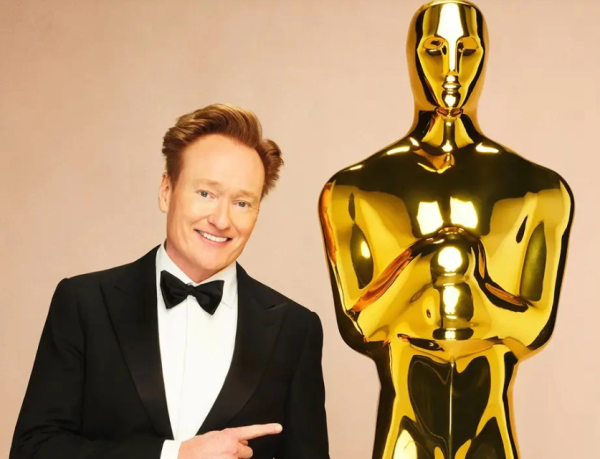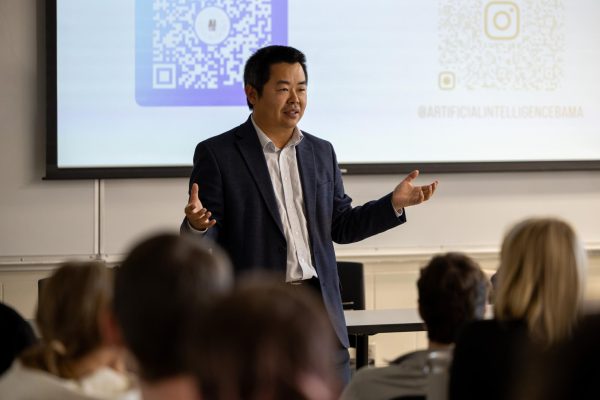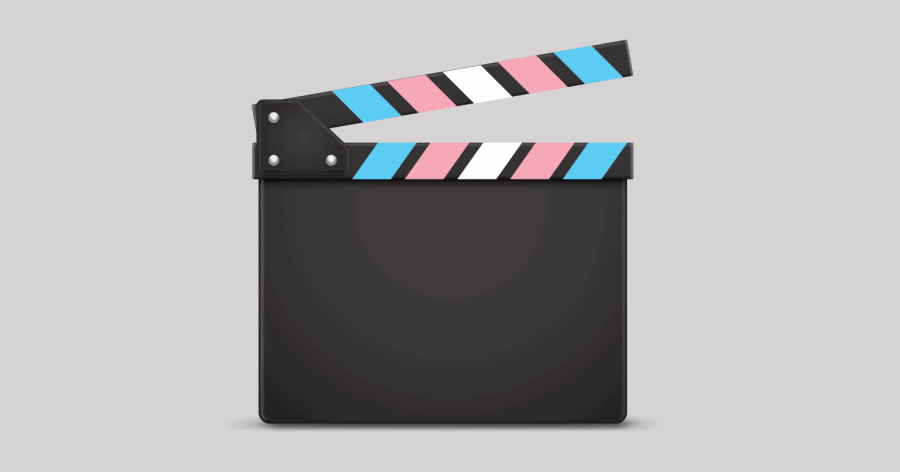‘We’re human’: Trans activists talk representation in post-movie Q&A
“Stop treating us like we’re animals at a zoo or we’re dogs at the Humane Society that you have never seen before,” one panelist said. “We’re human.”
Read more from the culture desk.
The UA Women and Gender Resources Center (WGRC) screened the Netflix documentary “Disclosure” and hosted a post-event Q&A on Oct. 27.
“October is LGBTQ History Month, and I knew that I wanted to do a program that raised awareness around trans and non-binary representation,” said Elizabeth Lester, the program coordinator for WGRC.
Lester decided to reach out to two Birmingham AIDS Outreach (BAO) employees to help lead the discussion. Sinseriti Banks of BAO and Lauren Jacobs of Magic City Acceptance Center (MCAC), a BAO project, both spoke.
“I wanted people from these communities to speak on their own issues,” Lester said. “I always want people to represent themselves, and for them to not be spoken over.”
The documentary delves into the representation of transgender and gender non-conforming individuals in film. Jacobs said she loved the documentary, in part because it’s uniquely representative.
“It’s the only documentary that I’ve ever seen where every single person being interviewed is trans, non-binary, genderqueer,” said Jacobs, Youth Programs Coordinator at MCAC.
Sam Feder, the film’s director, explained in an interview with Decider that almost every crew member on the movie was transgender. When transgender people could not be found to fill a certain role behind the scenes, each cisgender person hired was assigned a transgender fellow to mentor and help learn the ropes.
“None of us are immune from the influence of media… We need to challenge perceptions that we have about people whose identities are different from our own, especially when our only source of knowledge is from narratives that actually contradict the lived realities of trans [or] non-binary people,” said Lester.
Actors and activists interviewed in the documentary said that there is not enough transgender representation in modern media. They added that existing representation teaches that others should be disgusted by transgender people, and some films include scenes where a character vomits upon realizing their friend or romantic interest is a transgender person.
“I want people to understand what it’s like to be trans, you know,” Banks said. “It hurts… You always stick out like a sore thumb, you’re the topic of the conversation, sometimes the butt of the joke.”
Banks went on to echo some points made by the film’s talking heads, who noted that when transgender character on screen aren’t villains, they’re often treated as oddities, not as full characters with rich lives.
“Stop treating us like we’re animals at a zoo or we’re dogs at the Humane Society that you have never seen before,” Banks said. “We’re human.”
Individuals in the documentary explained they had endured assault for their gender identities. Writer Chaz Bono said he even contemplated faking his own death because of how he was being treated. Actress Jen Richards said that her mom refuses to call her Jen because “Jen murdered my son.”
“[Cisgender people] have to do the work to understand our lifestyle, and it’s really not a style, it’s our life,” Banks said. “A style is something that you pick out. No. I’m not picking this… This is something that is genuinely deep inside of me that needs to come out and be presented.”
Jacobs observed that Alabama was mentioned multiple times in the documentary since Laverne Cox is a native of Mobile, Alabama.
“I love any moment that proves to people that, as Alabama, we are part of this conversation, we have always been a part of this conversation, we have always had our own queer and trans history, it’s just that people don’t often pay attention,” Jacobs said.
The documentary emphasized that transgender representation is becoming more widespread and accurate. “Just because we see trans representation, that doesn’t mean the revolution is over,” said Yale professor Susan Stryker in the film.
Lauren Jacobs and Elizabeth Lester said that there are small steps everyone can take to be an ally to transgender people.
“I as a genderqueer person can still be an ally… to trans people,” Jacobs said.
On actively being an ally to transgender people, Lester had a few tips.
“Speak out if your friend says something transphobic. Introduce yourself with your pronouns,” Lester said. “Stop assuming you know someone’s gender based on what they look like. All of these are small steps that can help the world become a safer, better place for trans people.”
Lester added that UA students can get involved with advocacy programs with WGRC.





